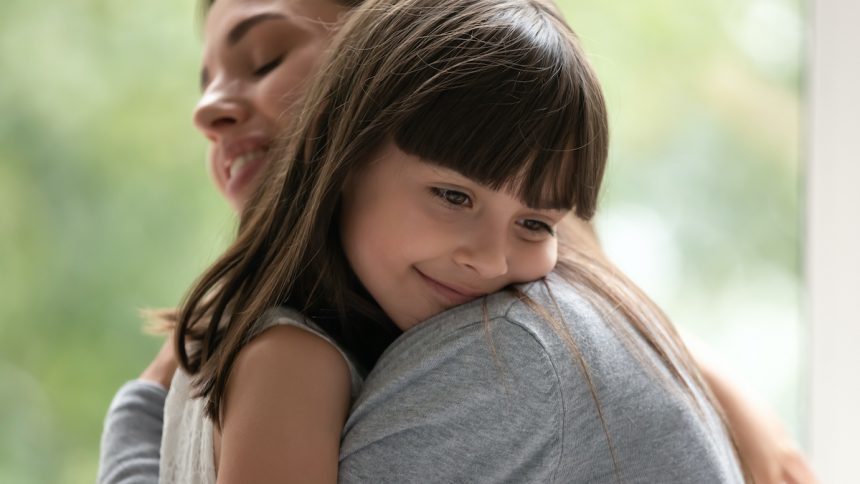In the late 1980s and 1990s, Romanian orphanages exemplified poor quality institutional child rearing practices that can be seen as severe neglect. Children in these orphanages were deprived of social and emotional stimulation, leading to detrimental effects on their health and well-being. Research on Romanian adoptees has shed light on the long-lasting impact of early adversity on psychosocial development, particularly in the English and Romania Adoptees (ERA) study conducted by Rutter et al. (2010).
The ERA study revealed that children who experienced more than six months of institutional deprivation exhibited higher levels of social communication problems, social disinhibition, attention difficulties, and cognitive impairments in childhood. These issues often persisted into young adulthood and predicted poorer outcomes such as unemployment, lower educational attainment, and mental health problems. Despite being raised in loving families, many adoptees continued to face challenges.
Moreover, there is limited knowledge about the support needs of adoptees as they transition into adulthood and potentially become parents themselves. Care-experienced individuals are at a higher risk of having their children taken into care, highlighting the importance of understanding and addressing these support needs.
In response to these gaps, two studies conducted by Edwards and Kennedy et al. and Edwards et al. explored the support needs of young adult adoptees within the ERA families. Semi-structured interviews with adoptees and their parents revealed themes related to parenthood, including both positive aspects and significant challenges, particularly for a minority of mothers. These challenges often stemmed from difficulties in daily life skills and decision-making, as well as hurdles in accessing appropriate support.
It became apparent that adoptees who became parents often relied on their adoptive parents or partners for support, highlighting the ongoing impact of early deprivation on their ability to live independently. Despite the challenges, accessing talking therapies was seen as beneficial, emphasizing the importance of tailored support services for this vulnerable population.
The findings underscore the need for continued support and interventions for young adult adoptees as they navigate adulthood and potential parenthood. Addressing unmet needs, providing psychosocial interventions, and teaching life skills can help improve outcomes and empower these individuals to thrive. By understanding and addressing the unique challenges faced by adoptees who experienced early adversity, support services can make a meaningful difference in their lives.






